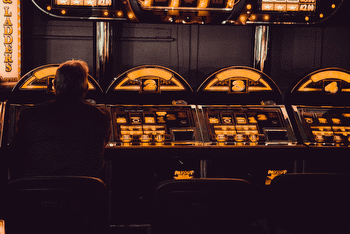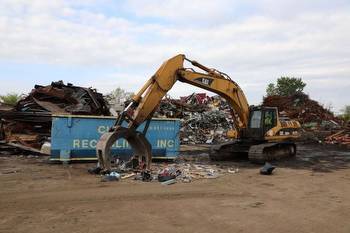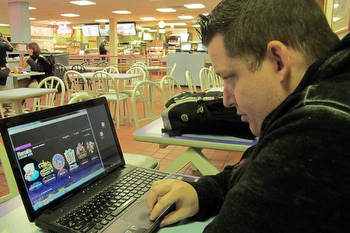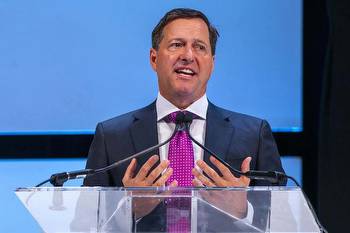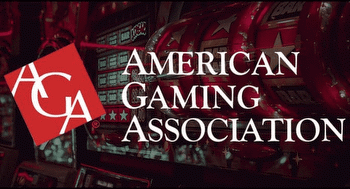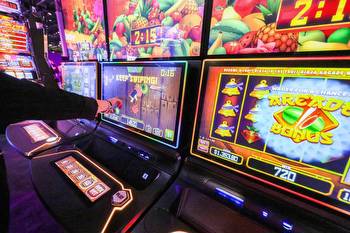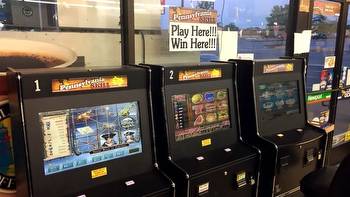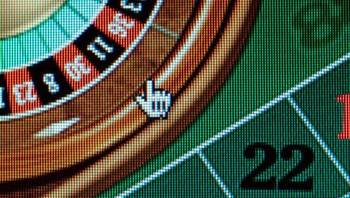Jessica Feil: Illegal gambling machines are a problem. You should care.
If you’ve ever seen someone play three-card monte, you would warn everyone you know not to fall for the scam. The game involves a “dealer” moving three playing cards around and betting against the player being able to guess which card is the money card. Once the victim begins playing, the dealer rigs the game so the opponent has no chance of winning.
Unfortunately, this kind of shady play by scam artists is even closer to you than you think — it’s in Pennsylvania convenience stores, gas stations and bars in the form of illegal gambling machines.
The American casino industry is one of the most heavily regulated industries in the country — and gaming machines undergo an intense licensing and testing process to ensure games are fair and winnings will be paid.
But the same can’t be said for the thousands of illegal gambling machines spreading across the country.
These machines mimic the gaming machines in casinos, often purporting to have “skill-based” outcomes, or simply operating in direct violation of the law as unregulated slot machines. These machines mislead customers into believing they have a fair chance to win, but because they skirt state and federal laws and regulations, the game is rigged before it even begins.
The legal casino industry invests hundreds of millions of dollars each year to ensure customers are playing responsibly. Players in a licensed casino will see signage marked with a hotline number where they can reach responsible gaming and problem gaming specialists 24 hours a day. You won’t find any of these resources around illegal gambling machines.
The legal gaming industry directly contributes more than $41 billion to state and local governments annually, funding education, infrastructure projects, charitable organizations and more. Pennsylvania collected $1.19 billion in gaming tax revenue in 2020. This revenue primarily is used to Pennsylvanians’ benefit, reducing property owners’ school taxes, and also is allocated for law enforcement grants and responsible gaming programs.
Illegal gambling machines also skirt taxes, contributing nothing to the initiatives supporting Pennsylvanians. They also hurt the family-sustaining jobs created at Pennsylvania casinos.
Some may say the best course of action is to simply regulate current illegal machines and tax them at a high rate. That’s the wrong track to take — and it ignores the dark realities behind illegal machines. Under this regulatory framework, predatory out-of-state companies would be encouraged to come to Pennsylvania, leaving no benefits to communities behind.
If we want to protect consumers and our communities, it’s time to root out these illegal machines. As a recent white paper from the American Gaming Association details, eliminating these machines needs to be a joint effort between law enforcement and policymakers. Legislators must close loopholes in existing law that unregulated manufacturers and operators take advantage of, and where laws are already sufficient, law enforcement must prioritize strict enforcement against illegal operators.
Only through the help of legislators, law enforcement and related industries can we successfully protect consumers and support the economic success of our communities.
Jessica Feil is vice president, government relations and gaming policy counsel, for the American Gaming Association.











